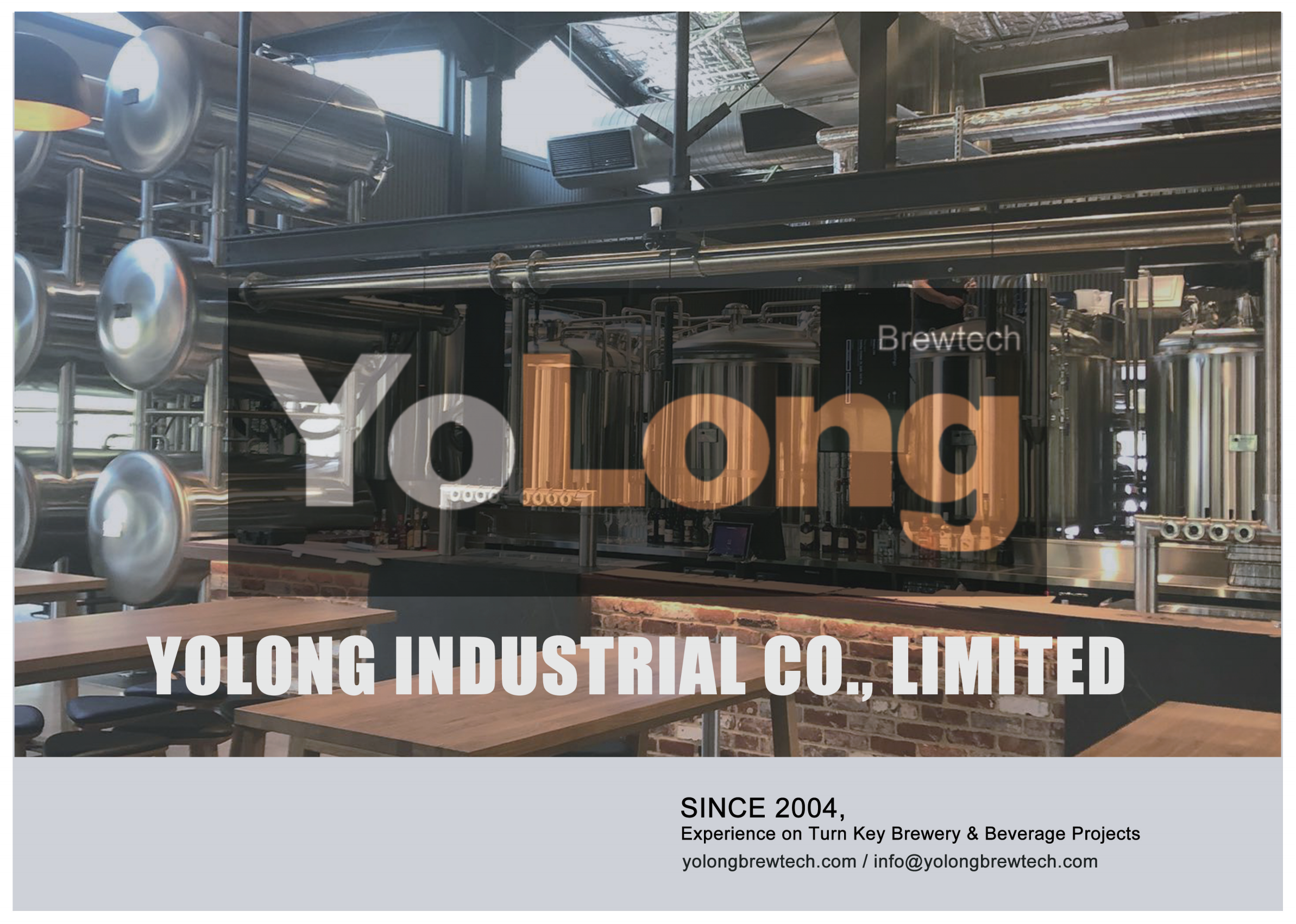Top Breweries for Sale in the UK
Why Buy a Brewery in the UK?
So, you’re thinking about buying a brewery in the UK? You’re not alone. There’s a craft beer boom sweeping the nation like foam on a freshly poured pint, and the UK is right at the heart of it. With over 2,500 breweries dotted across England, Scotland, Wales, and Northern Ireland, the UK is considered the birthplace of the craft beer revolution in Europe.
Why is this happening now? Well, it comes down to a mix of passionate beer lovers, innovation, and consumers who are turning away from mass-produced lagers in favor of local brews with character and soul. If you’re someone who loves beer, has a head for business, and dreams of running a space that blends creativity, community, and commerce, buying a brewery might just be your golden ticket.
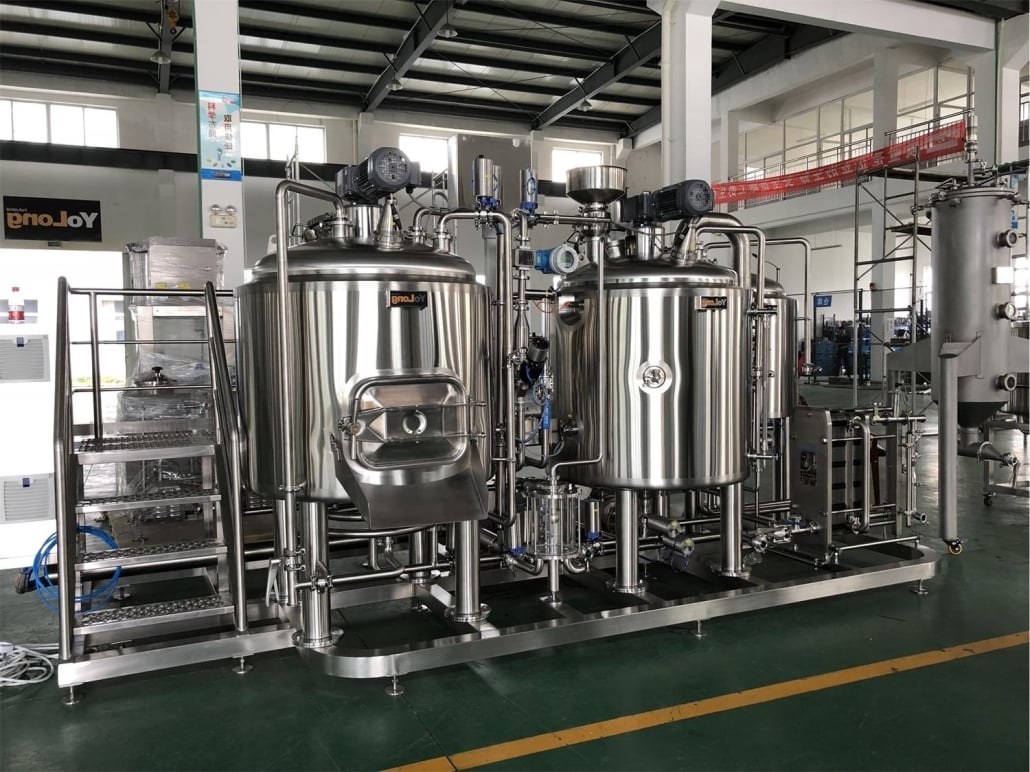
Types of Breweries for Sale in the UK
The UK brewery scene is as diverse as the pints on tap in a London pub. When you start looking for a “brewery for sale UK,” you’ll find a few key categories:
1. Microbreweries
These are your small-scale operations, often producing less than 15,000 barrels a year. They’re perfect if you want to keep things hands-on and community-focused. Think garage startups with heart and hustle.
2. Brewpubs
Ever dreamt of serving pints brewed just a few meters away? Brewpubs combine the brewery with a pub or restaurant. They’re fantastic for high-margin, direct-to-consumer sales and make great social hubs.
3. Contract Breweries
Here, the brewery produces beer for other brands. It’s a model that’s growing fast and can scale quickly. You can offer capacity to new beer brands who don’t yet have their own equipment.
4. Regional Craft Breweries
These bigger players already have some market penetration. If you want something that’s more plug-and-play with existing distribution, this could be your entry.
Each has its pros and cons depending on your goals, budget, and business model. But here’s the key takeaway: the type of brewery you choose should align with your long-term vision.
What to Consider Before Buying a Brewery in the UK
Buying a brewery isn’t like buying a regular business—it’s more like adopting a living, breathing entity. Here’s what you should think about before putting down your deposit:
Location, Location, Location
Are you near a big city, tourist area, or hip neighborhood? Access to foot traffic and local drinkers matters. Think about where your customers will come from and how they’ll find you.
Licensing and Legal Compliance
Beer brewing involves multiple licenses—from alcohol production to distribution. You’ll need to register with HMRC and get your alcohol premises license sorted. Not glamorous, but 100% necessary.
Equipment and Capacity
What kind of kit does the brewery already have? Is it state-of-the-art or needing an upgrade? Consider the condition of fermenters, bottling lines, keg washers, and cold storage.
Brand and Reputation
Are you buying just the equipment and space, or also the brand? A well-loved local name can be worth its weight in hops.
Financials
Always do a deep dive into the numbers. Look for consistent revenues, gross margins on beer, and operational costs. Watch out for breweries bleeding cash from inefficient production or overhead.
Expansion Potential
Can the site scale with your ambitions? If you’re thinking of increasing production, exporting, or launching new lines, make sure the infrastructure can keep up.
Market Positioning
Who are your competitors? What niche will you fill? Local craft? High-end exports? Quirky limited releases? Having a unique hook helps you stand out in a saturated market.
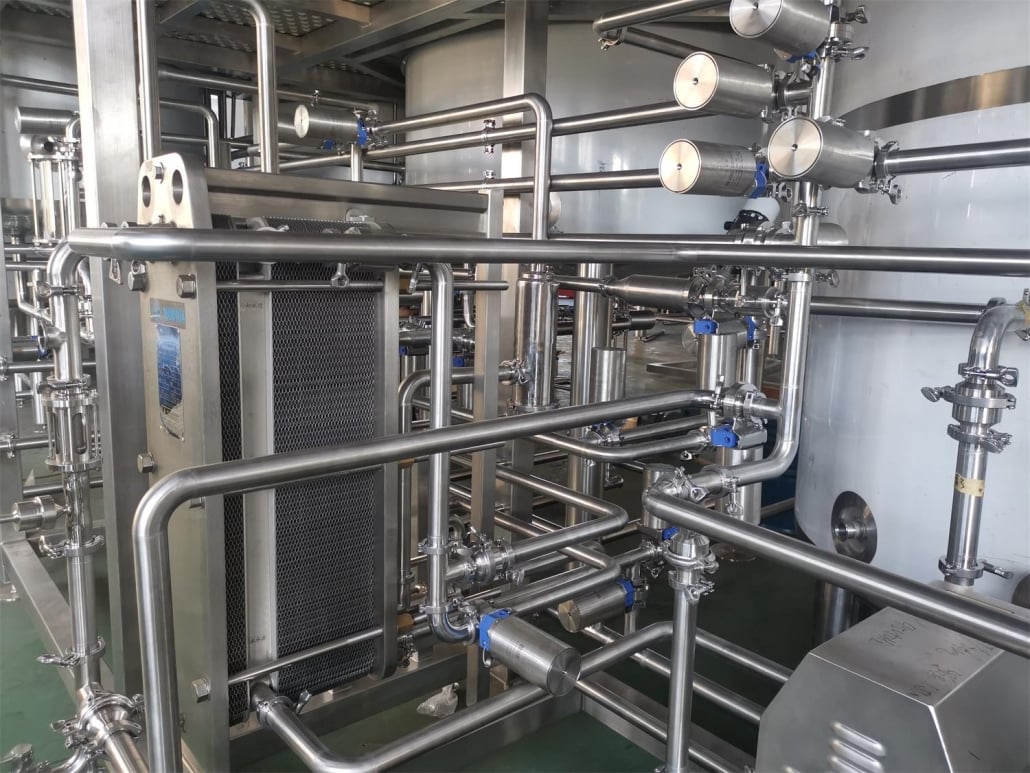
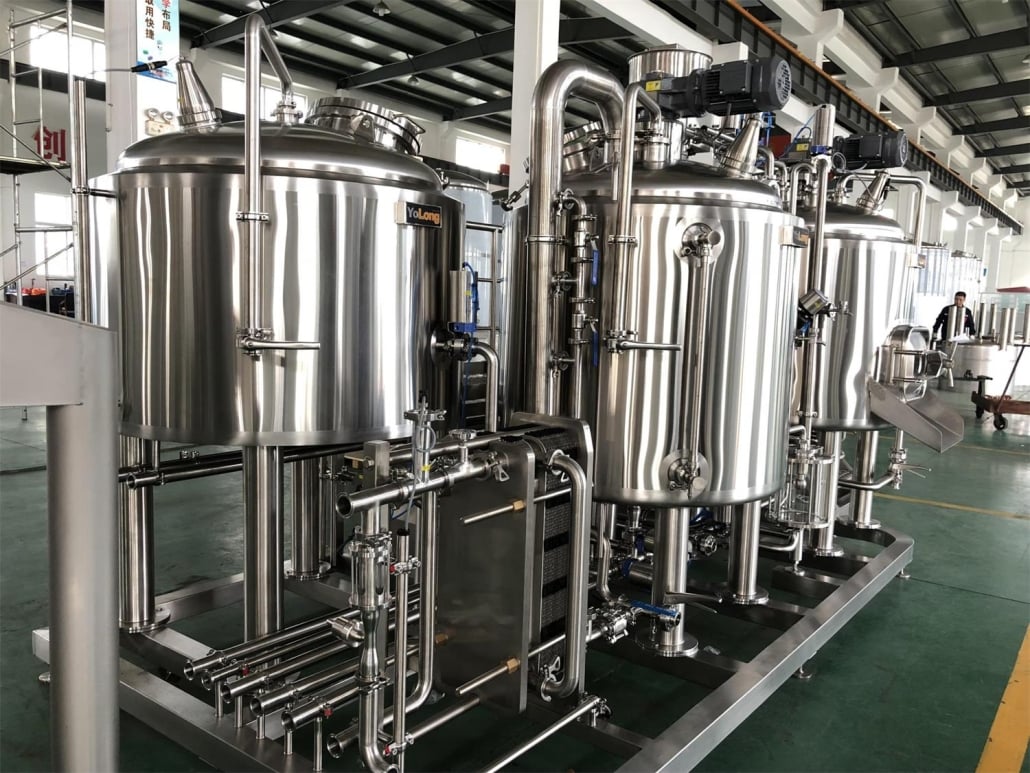
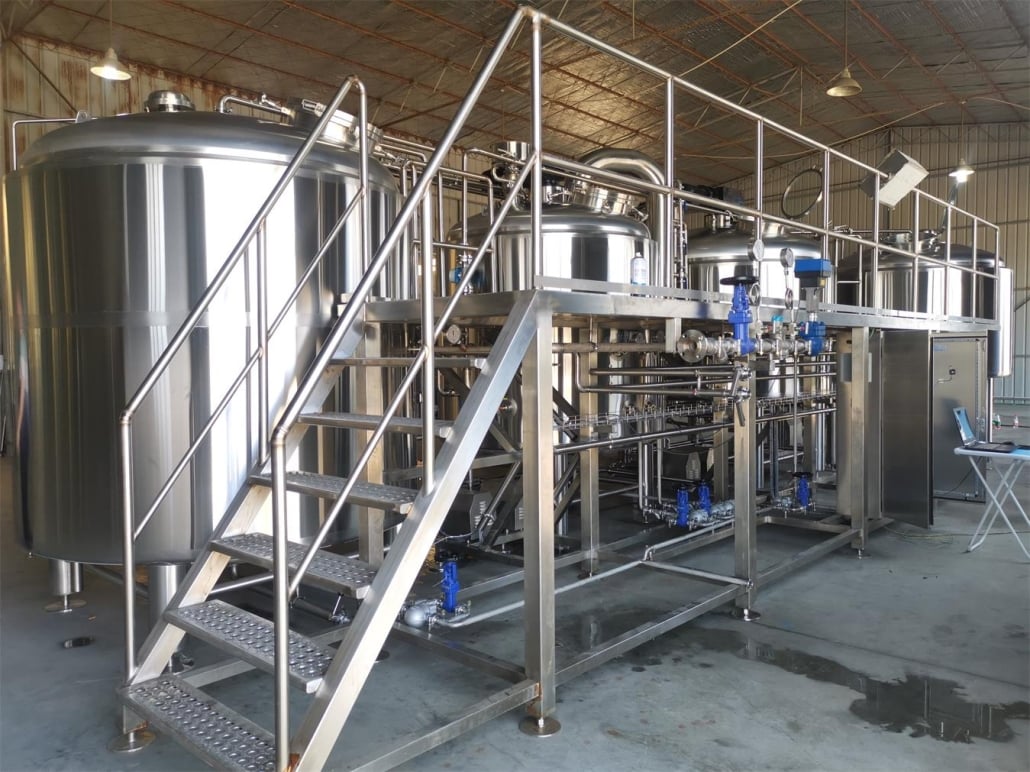
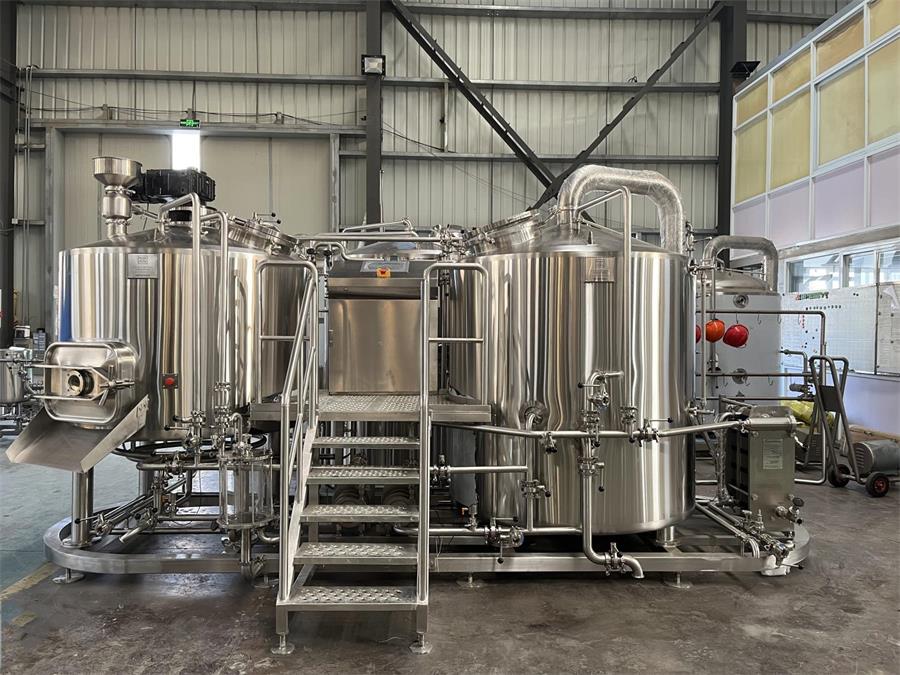
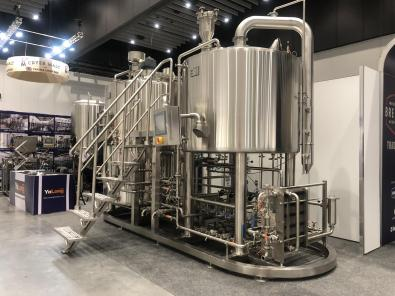

How to Find Breweries for Sale in the UK
Here’s a breakdown of the best ways to track down a brewery for sale in the UK:
| Platform/Method | Description | Best For | Typical Listings |
|---|---|---|---|
| Business Broker Websites | Use platforms like Daltons Business, RightBiz, and BusinessesForSale | Buyers looking for vetted listings | Microbreweries, brewpubs, small-scale operations |
| Industry Networks | Join forums like SIBA, CAMRA or attend beer festivals and expos | Finding off-market deals | Established breweries open to discreet sale |
| Direct Outreach | Contact breweries directly—some might be open to selling even if not listed | More experienced buyers | Mid-sized or regional players |
| Commercial Real Estate Agents | Some agencies specialize in F&B businesses | Turnkey brewpubs or sites with development potential | Leasehold or freehold options |
| Social Media & Beer Communities | Facebook groups, Reddit threads, LinkedIn posts | Niche finds and unique partnerships | Startups, co-investment deals |
Pro Tip: Always verify listings and get legal help before signing anything. If it sounds too good to be true… you know the rest.
Steps to Purchase a Brewery in the UK
Okay, so you’ve found the dream. Now what?
1. Due Diligence
Start by digging into the brewery’s financials, equipment inventory, legal status, and any pending debts or lawsuits. Get a solicitor who specializes in alcohol or food & drink businesses.
2. Business Valuation
You need to know what the brewery is really worth. Get a valuation expert to assess goodwill, stock, property, and machinery.
3. Secure Financing
Unless you’re sitting on a beer barrel full of cash, you’ll need funding. Options include traditional bank loans, business angels, or crowd-funding.
4. Negotiate the Terms
Agree on whether you’re buying assets, shares, or a lease. Set clear terms on intellectual property like logos, recipes, and trademarks.
5. Finalize Legal Agreements
Once terms are set, the lawyers will draft the Sales & Purchase Agreement (SPA). Don’t skip the fine print—every line matters.
6. Transfer Licenses
You’ll need to reapply for licenses or get them transferred, depending on your deal structure. Make sure there’s no break in trading rights.
7. Transition Operations
Plan for a smooth handover. Train your team, maintain supplier relationships, and let customers know what’s changing (or staying the same).
Top 5 Breweries for Sale in the UK (2025)
Here’s a look at some hot opportunities on the market this year. These are just examples to showcase variety—actual availability can vary.
| Brewery Name | Location | Type | Production Capacity | Asking Price | Highlights |
|---|---|---|---|---|---|
| Hop & Barrel Co. | Yorkshire | Microbrewery | 2,500 hl/year | £200,000 | Local brand, includes taproom, 4 FVs |
| London Craft Cellars | Greater London | Brewpub | 5,000 hl/year | £450,000 | On-site restaurant, good footfall |
| Highland Ales Ltd | Scotland | Regional | 10,000 hl/year | £950,000 | Distribution contracts in place |
| Seaside Suds | Cornwall | Microbrewery | 1,800 hl/year | £150,000 | Coastal appeal, room for B&B add-on |
| Midlands Keg Works | Birmingham | Contract Brewery | 8,000 hl/year | £600,000 | Fully automated, serves multiple brands |
These listings give you a feel for the market. Prices, size, and opportunity vary, so it’s all about finding the right fit for your goals.
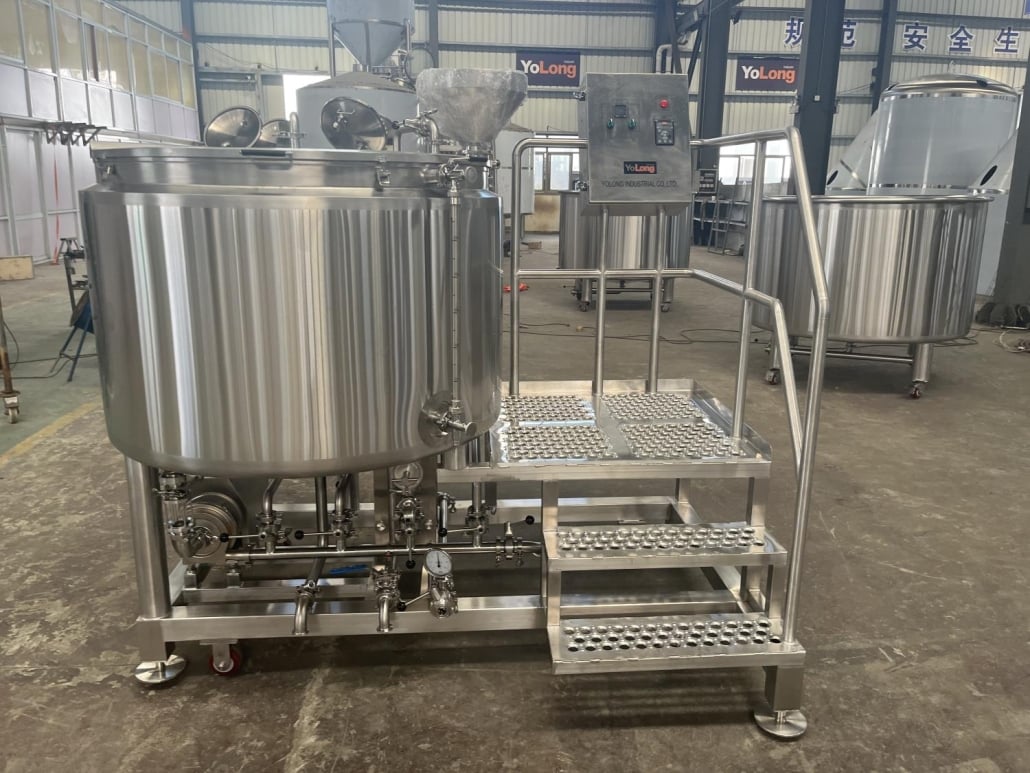
FAQ
| Question | Answer |
|---|---|
| Do I need experience to run a brewery? | Not necessarily, but understanding brewing and business is a huge advantage. Partnering with a brewmaster helps. |
| Can foreigners buy a brewery in the UK? | Yes! There are no restrictions on foreign ownership, but you’ll need UK-based licensing and tax registration. |
| How profitable is owning a brewery? | It depends on scale, efficiency, and market fit. Many microbreweries earn 10-15% profit margins. |
| What licenses are required? | Premises license, personal alcohol license, and registration with HMRC for beer duty. |
| Is buying an existing brewery better than starting one? | It can be faster and cheaper, especially with equipment and licenses already in place. |
Additional FAQs About Buying Breweries in the UK
1) How are UK breweries typically valued?
- A blended approach: asset value (plant, property, inventory) + earnings multiples (3–6× EBITDA for profitable microbreweries, often lower for turnaround assets) + brand/goodwill where relevant.
2) What UK-specific costs should I stress test in financials?
- Beer Duty (progressive relief rules), energy (electricity/gas), business rates, water/wastewater trade effluent, CO2, and logistics. Model 10–20% swings in utilities.
3) How long does licensing transfer usually take?
- Premises licence variation/transfer can take 4–8 weeks depending on council. HMRC brewery registration/approval typically 2–6 weeks if documentation is complete.
4) Should I prioritize freehold or leasehold when buying a brewery?
- Freehold adds collateral and stability but higher capex. Leaseholds are common; ensure assignable lease, sufficient term (5–10+ years), and permitted use for brewing/taproom.
5) What due diligence red flags are common in brewery sales?
- Deferred maintenance on boilers/chillers, expired pressure vessel inspections, inconsistent duty records, lapsed product liability, and unrealistic packaged yield assumptions.
2025 Industry Trends Affecting UK Brewery Acquisitions
- Taproom-first economics: Higher on-site margins offset wholesale softness; buyers value sites with established hospitality revenue.
- Energy and water efficiency premium: Sites with heat recovery, insulation, and CIP reuse command stronger valuations due to lower OPEX.
- Contract capacity demand: Brand owners without stainless seek flexible capacity; turnkey “contract-ready” plants see faster absorption.
- QA and oxygen control: Pressure-capable unitanks, DO monitoring, and closed transfers reduce returns and improve retail stability—key in buyer checks.
- Financing mix: More vendor financing/earn-outs, asset-backed lending, and RLS/SFLG-style bank facilities paired with equity.
2025 UK Brewery Market Snapshot
| Metric (UK) | 2023 | 2024 | 2025 YTD | Notes/Sources |
|---|---|---|---|---|
| Operating breweries (approx.) | ~2,400–2,500 | ~2,450 | ~2,450 | Stability with regional churn; SIBA/CAMRA reporting |
| Typical microbrewery EBITDA margin | 8–14% | 8–12% | 8–12% | Taproom-led toward upper end |
| Small pack canning (mobile) cost/case | £2.10–£3.20 | £2.00–£3.00 | £1.90–£2.90 | Volume/location dependent |
| Energy intensity (kWh/hl, cellar+hot side) | 55–85 | 50–80 | 48–75 | Efficiency upgrades trend |
| Deal structure: asset vs share sales | 65/35 | 60/40 | 60/40 | Asset sales preferred for risk |
| Licensing transfer timeline | 4–8 wks | 4–8 wks | 4–8 wks | LA variation times vary |
Reference hubs:
- SIBA (Society of Independent Brewers): https://www.siba.co.uk/
- CAMRA (Campaign for Real Ale): https://camra.org.uk/
- UK Gov (Alcohol Duty, licensing): https://www.gov.uk/guidance/alcohol-duty and https://www.gov.uk/guidance/alcohol-licensing
Latest Research Cases
Case Study 1: Energy-Efficient Brewpub Acquisition Improves Payback (2025)
Background: Buyer evaluating two comparable brewpub Breweries—similar turnover, different utilities profile.
Solution: Chose site with heat recovery (wort-to-HLT), VFD glycol pump, tank/line insulation, and conductivity-controlled CIP; negotiated partial earn-out tied to taproom sales.
Results: Utility costs 14% lower than pro forma; water-to-beer improved to 5.0 hl/hl; payback shortened by 9 months vs alternative target. Sources: DOE Better Buildings practices; SIBA benchmarking.
Case Study 2: Contract-Ready Microbrewery Unlocks Capacity Utilisation (2024)
Background: Under-utilised 15 hl plant with weak wholesale.
Solution: Repositioned as contract Brewery: installed pressure-rated unitanks, added QA (DO/pH), implemented closed transfers, and published capacity calendar.
Results: Capacity utilisation rose from 38% to 72% in 6 months; CO2 purchases down 22% via spunding; cash flow stabilised with multi-brand contracts. References: MBAA quality guidance; BA oxygen control resources.
Expert Opinions
- James Calder, Former CEO, SIBA
Viewpoint: “In 2025, buyers prioritise breweries with strong taproom trade and efficient operations—those fundamentals outweigh vanity volume.” - Emma Inch, Beer Writer of the Year (Guild of British Beer Writers)
Viewpoint: “Local narrative and brand equity still matter. Retaining community ties during ownership change preserves sales velocity.” - Dr. Charlie Bamforth, Brewing Scientist
Viewpoint: “Pressure-capable stainless and oxygen management are non-negotiables if you want stable, flavourful beer that travels well.”
Practical Tools and Resources
- SIBA Business Support: benchmarking, membership, and marketplace — https://www.siba.co.uk/
- CAMRA: local market insights and pub/brewery networks — https://camra.org.uk/
- UK Government: Alcohol Duty registration and guidance — https://www.gov.uk/guidance/alcohol-duty
- Alcohol licensing (premises/personal) — https://www.gov.uk/guidance/alcohol-licensing
- BusinessesForSale UK — https://uk.businessesforsale.com/
- Daltons Business — https://www.daltonsbusiness.com/
- RightBiz — https://www.rightbiz.co.uk/
- ProBrewer (technical forums, classifieds) — https://www.probrewer.com/
- Energy Trust-style resources (efficiency) — https://betterbuildingssolutioncenter.energy.gov/
Last updated: 2025-09-28
Changelog: Added 5 targeted UK-focused FAQs; 2025 UK market snapshot table; two recent case studies; expert viewpoints; curated UK licensing/market resources
Next review date & triggers: 2026-03-31 or earlier if UK duty rules change, energy costs swing >15%, or SIBA/CAMRA publish materially updated brewery counts or benchmarks
Share this entry
Interested in learning more about Brewing Systems including additional details and pricing information? Please use the form below to contact us!
YOLONG BREWERY EQUIPMENT FAQS
- Commercial Brewery / Craft Brewery / Microbrewery / Nanobrewery
- What is The Difference Between Craft Beer and Industrial Beer?
- The Bespoke Differences In Custom Brewing Systems
- Everything You Need to Know About Kettle Souring
- How to Choose Brewing Equipment for Your business?
- How To Choose The-Best Partner To Build Your Commercial Microbrewing System?
- Two Detection Sensors That You Need To Use In Your Brewhouse System
- Remote Control Applications in Brewing Equipment/How does it work?
- How To Clean Your Brand New Brewery Tanks?

